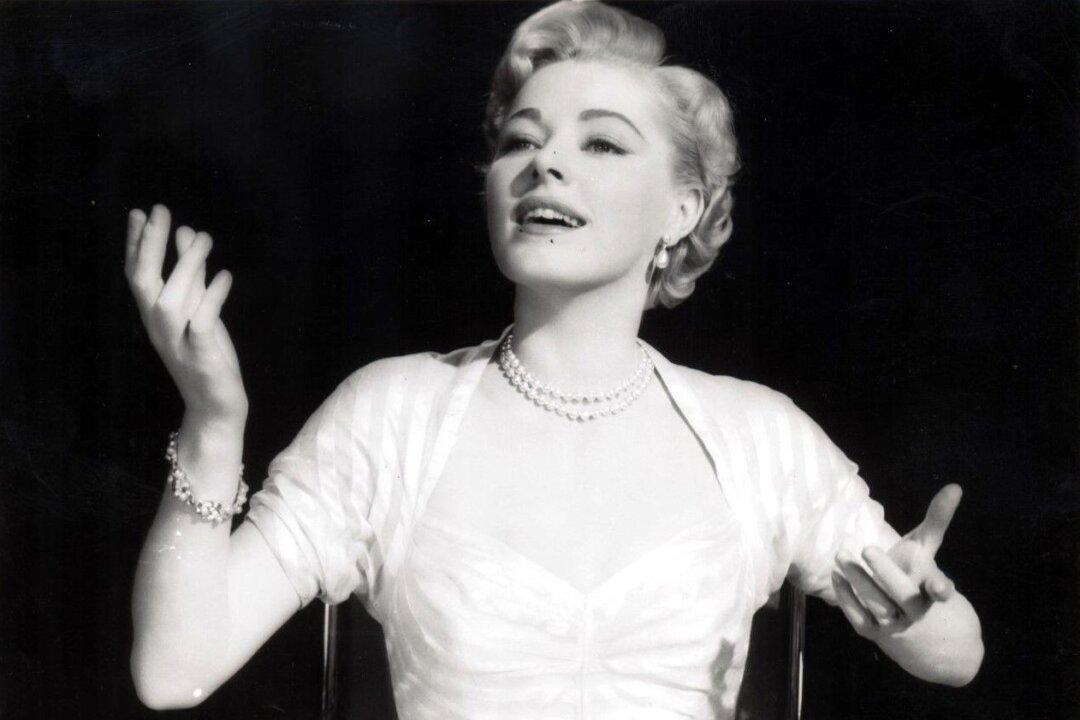NR | 1h 46m | Drama, Biopic | 1955
Director Curtis Bernhardt’s film fictionalizes the real-life heroism of Australian soprano Marjorie Lawrence, an intrepid interpreter of Richard Wagner’s operas.

NR | 1h 46m | Drama, Biopic | 1955
Director Curtis Bernhardt’s film fictionalizes the real-life heroism of Australian soprano Marjorie Lawrence, an intrepid interpreter of Richard Wagner’s operas.